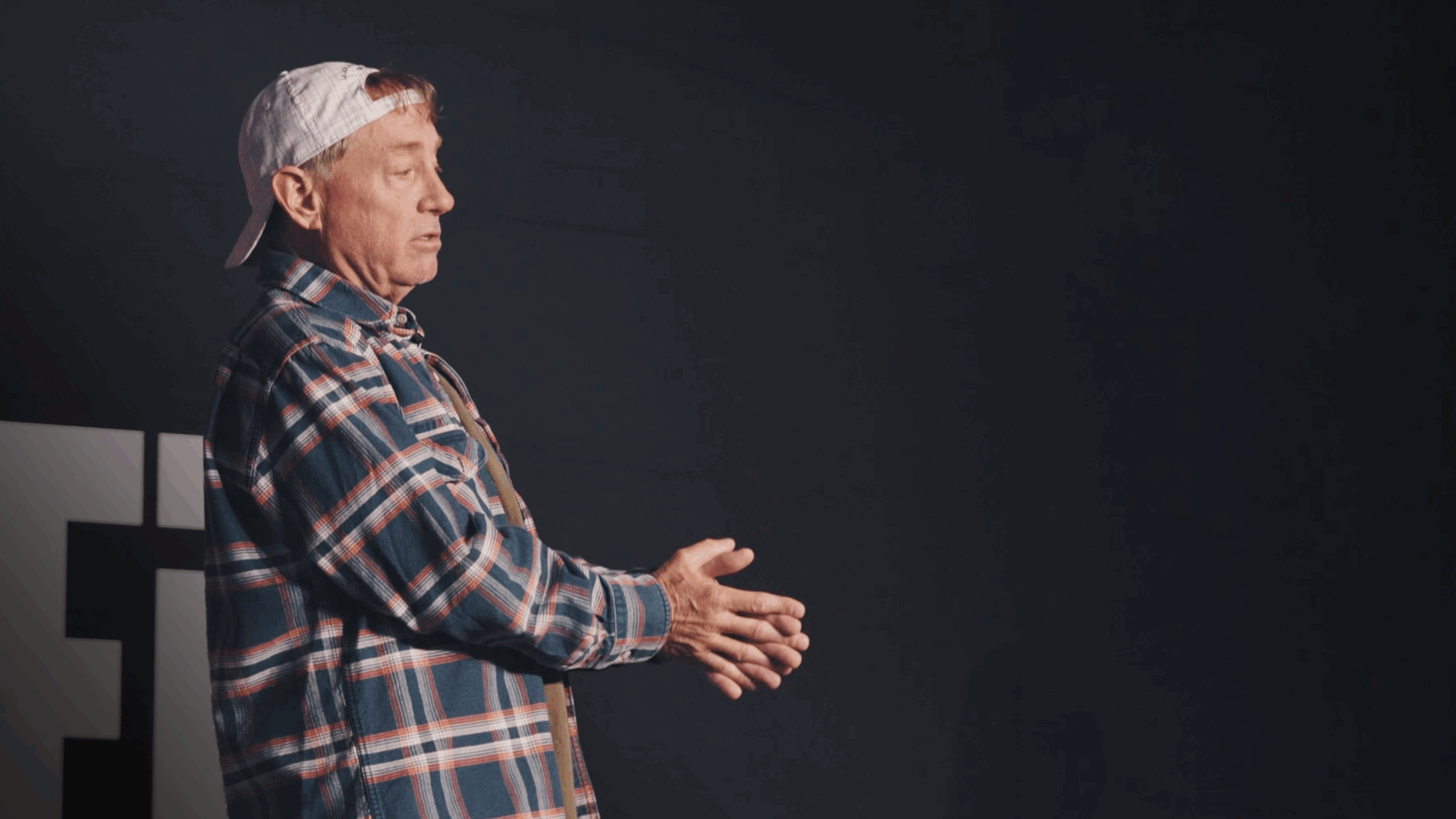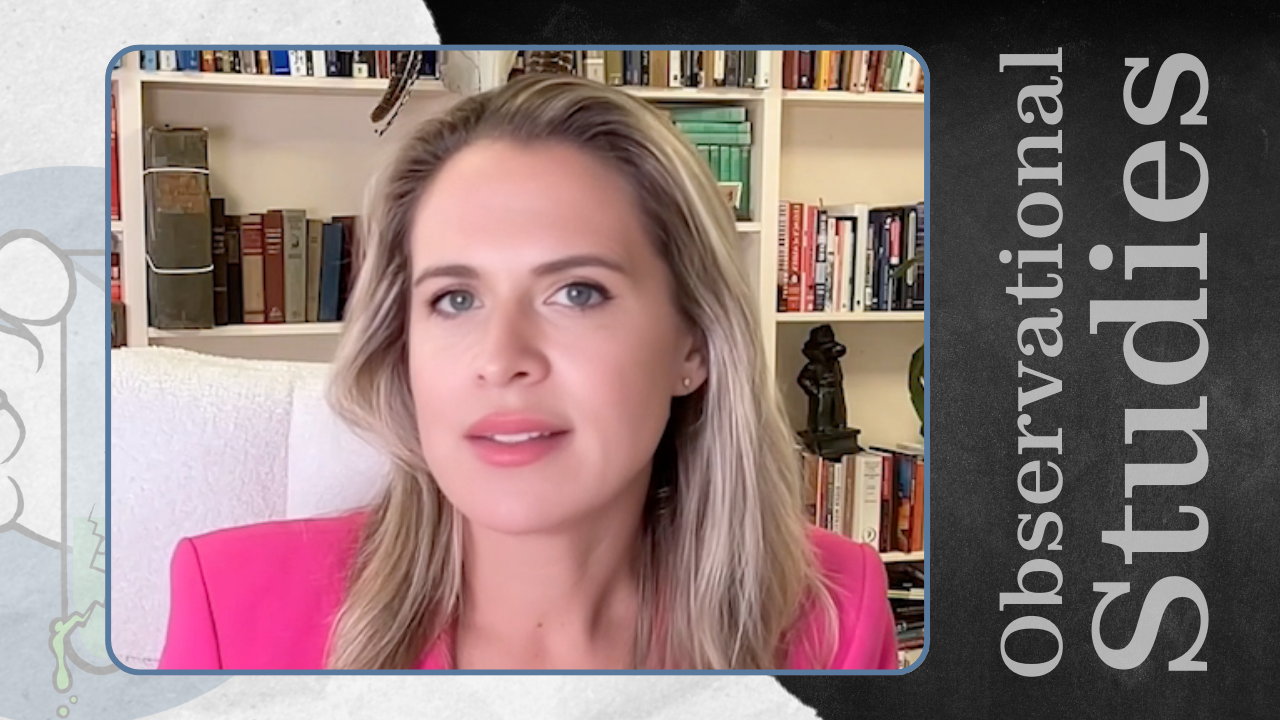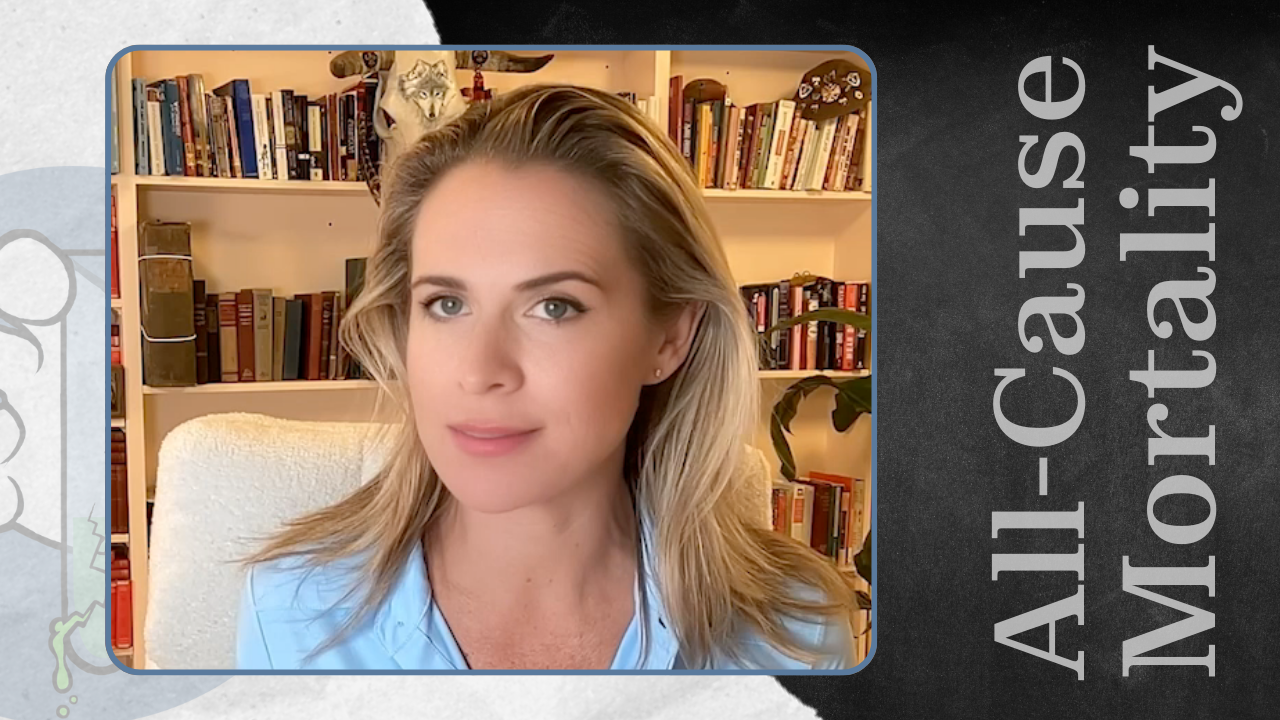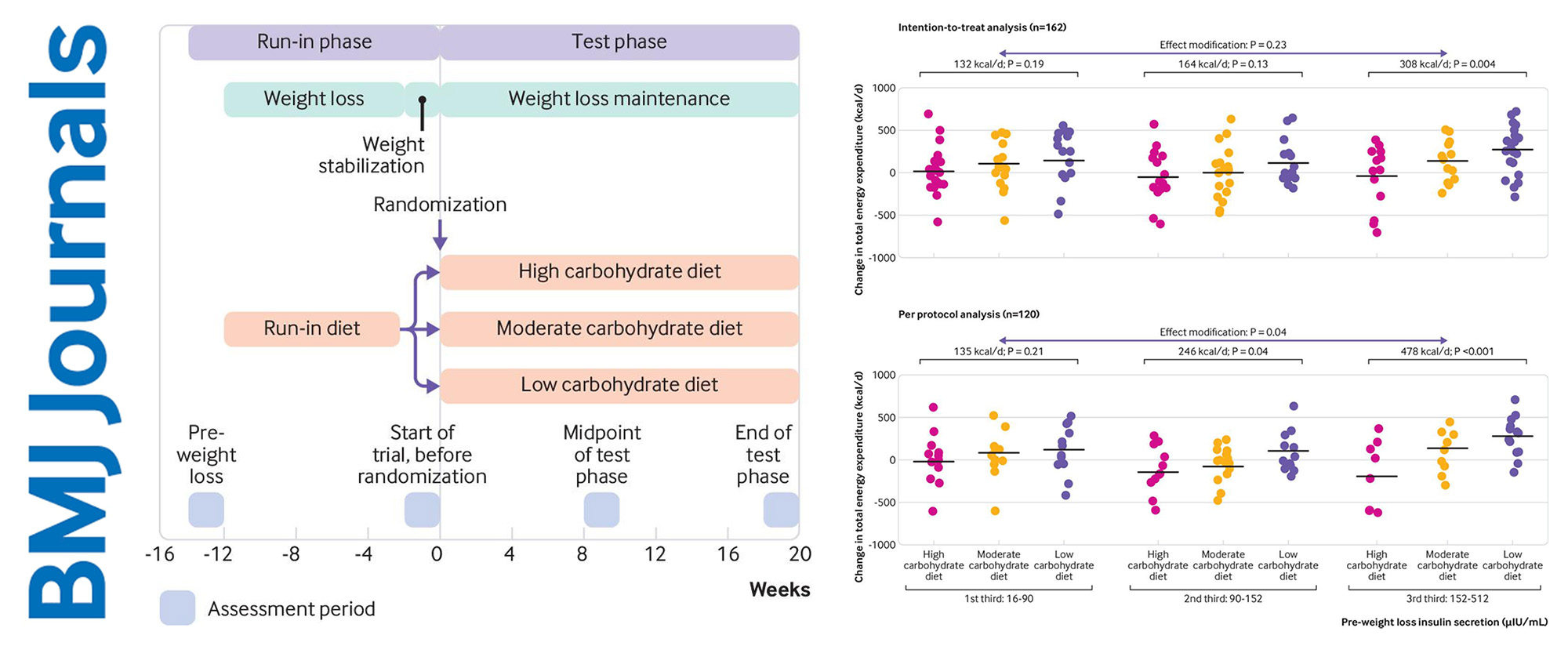Category: Curated Content
Category: Curated Content
In this presentation from 2019, Greg Glassman tells the story of how bad science, primarily in the form of corruption, led him to make business decisions to fight to protect his affiliate gyms.
After a diagnosis of Type 2 Diabetes Journalist Neil Barsky initially followed his doctors advice and began insulin injections. He also did his own research and found a community already aware of the root of the problem. After cutting out the carbs, he dropped his A1C, got off medications, and now considers himself cured.
Emily explains the strengths, weaknesses, and ways to interpret observational studies. These types of studies can be useful for identifying links between things, and then generating hypotheses. However, the results of any observational study are strictly corollary, and do not prove cause.
By Emily KaplanA research-rating system has identified gaps in studies that assess the connection between diet and various health risks.
In this next video, BSI's Emily Kaplan explains all-cause mortality, and how it should be included when considering any medical treatment.
By Emily KaplanWhile placebos are meant to be benign, drug companies frequently use “active” placebos, meant to mimic the side effects of the real drug. The specifics of the placebos are rarely disclosed, and their effects may decrease the reliability of trial data.
The Wall Street Journal is catching on to the problems with peer review. Retractions continue to rise, with several high-profile pieces having been pulled in the last year.
In this 2018 trial, participants lost 12% bodyweight through caloric restriction, and were then given a high, medium, or low carb diet. Those on the high and medium carb diets had to maintain a much more calorically restricted diet in order to maintain their body weight.
In this 2018 trial, participants lost 12% bodyweight through caloric restriction, and were then given a high, medium, or low carb diet. Those on the high and medium carb diets had to maintain a much more calorically restricted diet in order to maintain their body weight.







